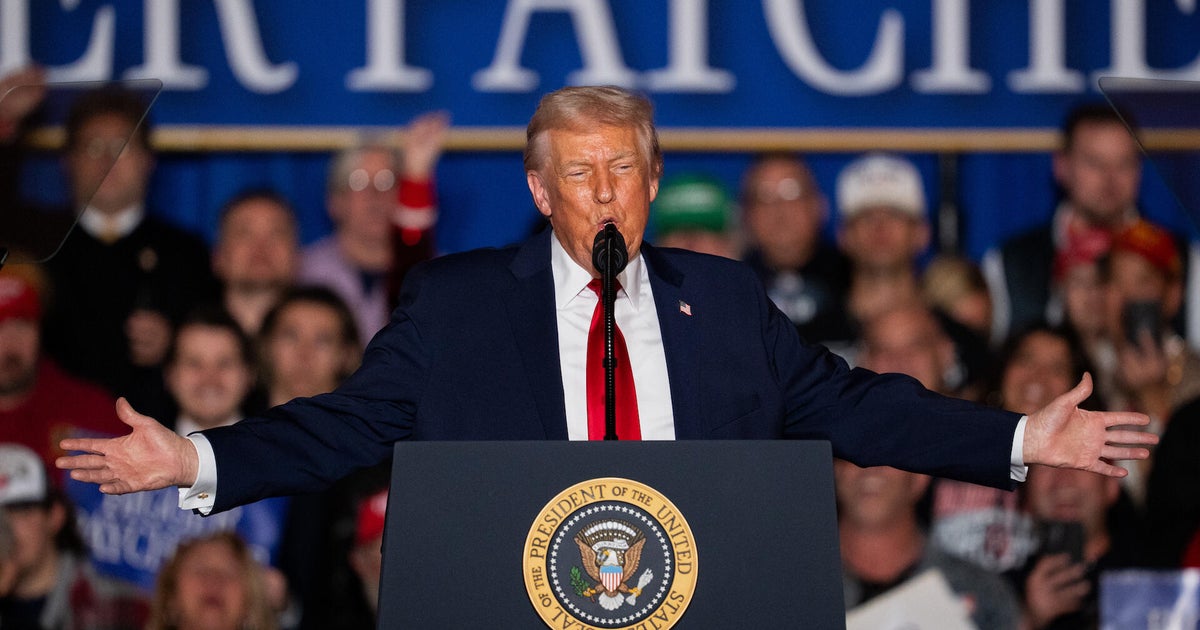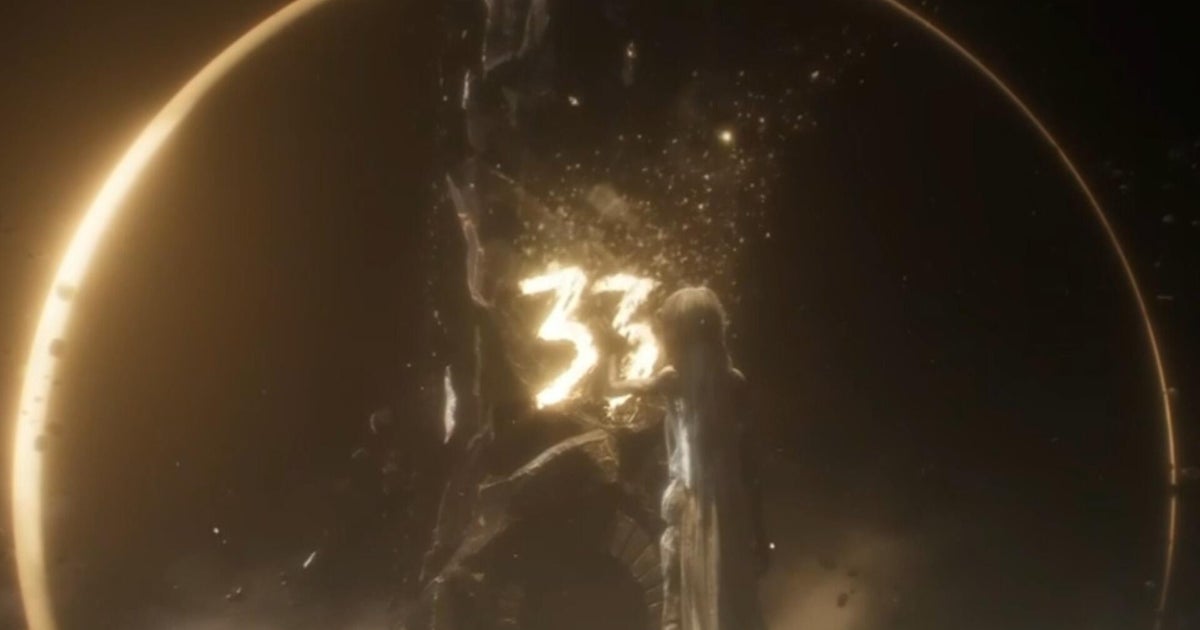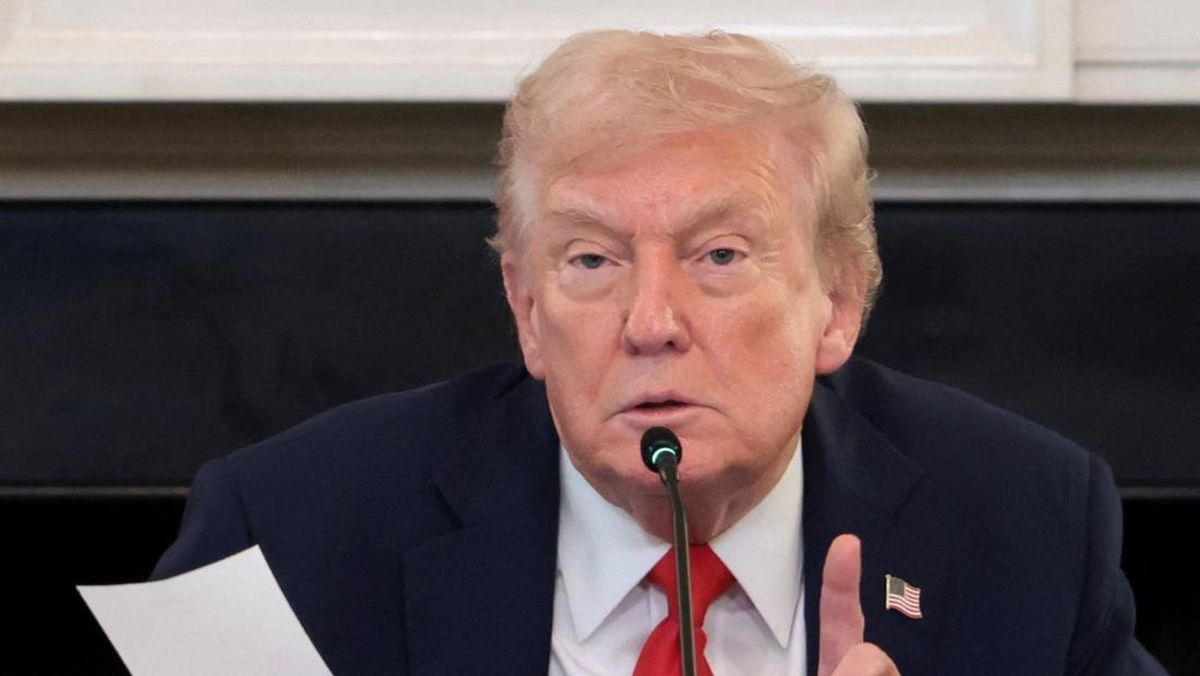Opinion
September 4, 2025 — 11.59am
September 4, 2025 — 11.59am
It was billed as the first major anti-monopoly judgment of the internet age – one that raised the prospect that Google’s parent company Alphabet could be broken up.
Instead, the tech giant emerged almost unscathed.
Last year, US Federal Court Judge Amit Mehta ruled that Google, having spent billions of dollars to lock in exclusive deals to maintain an illegal dominance of online search, was a monopolist.

Having been declared a monopolist by a court last year, Google faced a break-up. Instead, it emerged virtually unscathed.Credit: AP
This week, he announced his remedies: the tech giant will no longer to be able to pay for exclusive deals for other companies to carry its products, including its AI chatbot, Gemini, and it will have to provide its competitors with a limited amount of its search engine data.
That falls well short of what the US Justice Department had called for. It wanted Google to be forced to divest its dominant Chrome browser and perhaps its Android operating system, terminate exclusive deals with companies like Apple to use its search engine as their default browser, and open up its vast trove of user data to its competitors.
The case, which started in 2020, was the first of a string of antitrust cases launched by the Trump and Biden administrations against the mega tech companies. It was seen as the most important one since a 1998 action against Microsoft, which had been accused of illegally monopolising the web browser market.
‘The emergence of [generative AI] changed the course of this case’
US Federal Court Judge Amit MehtaMicrosoft lost the initial case, but overturned the judgment on appeal. In the meantime, Google was emerging as a more innovative rival, with a better product and in an environment where the settlement of the case made the industry landscape more open to competitors.
Mehta may be hoping history repeats.
While he did find in his judgment last year that Google had acted illegally, the remedies he announced this week have been described as “nothingburgers” by competitors and critics of the mega tech companies.
The sharemarket agreed, with Alphabet’s shares soaring more than 9 per cent on Wednesday, adding $US112 billion ($171 billion) to its market capitalisation. Interestingly, Apple shares also rose by 3.8 per cent, lifting its market value by about $US130 billion.
That’s because Google has been paying Apple about $US20 billion a year to be the default search engine on its browser.
Now, it won’t be able to have an exclusive deal with Apple or other companies – other search providers could compete with it, and Apple and others could offer more search options – but Google will still be able to pay for a prominent position on Apple devices and, garnering more than 90 per cent of the search market, will almost inevitably maintain its relationships with Apple and others.
Apple’s share price spiked because it will be able to effectively auction off its search bar and at least maintain the $US20 billion a year of revenue it currently receives. Had Google been barred from paying for position, Apple’s prospective revenue from Google’s smaller competitors would have fallen, and the quality of its search results would have been lower.
“Cutting off payments from Google almost certainly will impose substantial – in some cases, crippling – downstream harms to distribution partners, related markets and consumers,” Mehta found.
Why, having declared Google an illegal monopolist, didn’t the judge opt for the more Draconian remedies the Department of Justice was recommending? The short answer is artificial intelligence.
‘For the first time in over a decade, there’s a genuine prospect that a product could emerge that will present a meaningful challenge to Google’s market dominance.’
Amit MehtaWhen the case started, in 2020, the boom in the commercialisation of AI wasn’t yet underway.
It was the late November 2022 launch of OpenAI’s ChatGPT chatbot that ignited the frenzy around the new technology. Since then, hundreds of billions of dollars have been spent, by OpenAI and a swelling host of others, including all the mega tech companies, in developing their own AI products.
“The emergence of GenAI [generative AI] changed the course of this case,” Mehta said.
“For the first time in over a decade, there’s a genuine prospect that a product could emerge that will present a meaningful challenge to Google’s market dominance.”
He said the ruling recognised how much the industry had been changed by the advent of AI competition, a development that he said supported Google’s argument that it was not a monopolist.
In a typical antitrust case, he said, the court was asked to rule based on facts of the past.
“Here the court is asked to gaze into a crystal ball and look to the future,” the judge said.
Loading
Mehta noted that, when the case started, investors were leery of investing in companies that might challenge Google’s dominance.
Now, an “astounding” amount of money was pouring into AI, threatening Google’s dominance of search, a dominance that has given it more customer data, better search results, more customers and therefore more revenue than its competitors.
The amounts of money flowing into AI are, in fact, extraordinary. Trillions of dollars have been, or will have been, invested in the sector by the end of this decade, and market valuations of AI aspirants are equally extraordinary.
Anthropic recently raised $US13 billion from investors in a deal that valued it at $US183 billion. OpenAI’s most recent fundraising of $US8.3 billion was done at a $US300 billion valuation, and it has reportedly been exploring a possible sale of employees’ stock that would value the company at $US500 billion.
Google’s market power and financial firepower are no longer a barrier for competitors, although the search giant itself is also playing aggressively in the AI space.
While it may no longer be able to use its vast financial resources to buy exclusivity, it can deploy the money – and the advantage from the insights from its massive hoard of customer data – to emerge as one of the major, if not the major, force in AI once the inevitable shake-out of the sector occurs.
There’s nothing in the judgment that prevents Google from paying to be the default (albeit not exclusive) AI portal on smartphones or other tech platforms.
Google faces another judgement in a different case, where its ad technology was found to have a monopoly of its own. Again, the government is asking for Google to be forced to break up and sell some of its “ad stack”. Amazon, Apple and Meta are also in the midst of antitrust cases.
Loading
The judgment in the case against Google’s search dominance, however, is groundbreaking because – as Mehta said – AI and the entry of well-funded competitors to online sectors that a handful of mega tech companies have up to now dominated is potentially a “game-changer”.
Of course, it’s possible that the game might change, but the status quo – the dominance of Google, Microsoft, Meta, Amazon, et al – remains. The tech giants have vast profits and the cash flows to support their plunges into AI, while their new competitors are reliant on equity and debt-funding in pursuit of hoped-for profits in the longer term.
That’s a judgment, however, that will only be made with hindsight – or with a crystal ball. In this fluid, competitive environment for a technology that could transform today’s monopolies into anachronisms, it would be a brave judge to intervene and potentially distort the emerging new competitive landscape. Mehta wasn’t that judge.
The Business Briefing newsletter delivers major stories, exclusive coverage and expert opinion. Sign up to get it every weekday morning.
Most Viewed in Business
Loading


















































